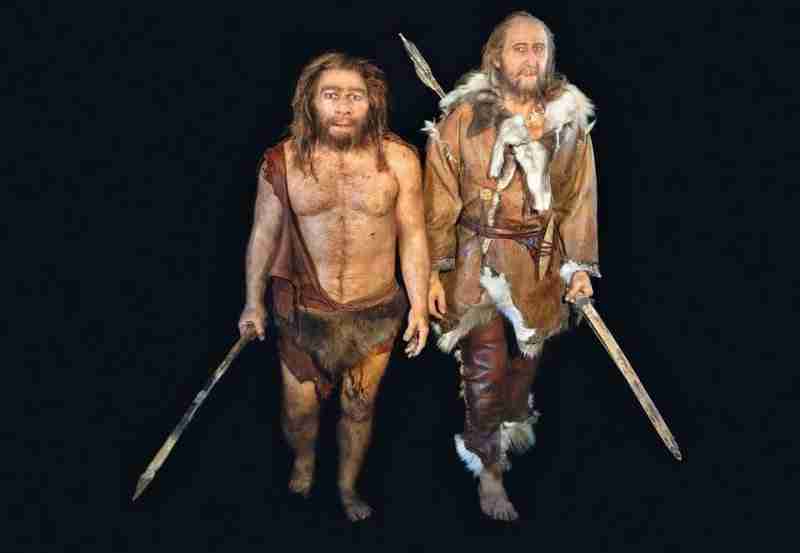[A]ncient humans mated with Neanderthals between 200,000 and 300,000 years ago, well before the more recent, and better-known mixing of the two species occurred, after Homo sapiens migrated in large numbers out of Africa and into Europe 50,000 years ago. Thanks to this ancient mixing event, Neanderthals actually owe between 3% and 7% of their genomes to ancient Homo sapiens, the researchers reported.
“Our best conjecture is that an early group of anatomically modern humans left Africa then encountered and interbred with Neandertals, perhaps in the Middle East,” [computational biologist Adam] Siepel told Live Science. “This lineage [of humans] would then have been lost — either gone extinct, or absorbed by the Neandertals, or migrated back to Africa.”
The new research illustrates the complexity of humanity’s deep history. Evidence has long been accumulating that humans and Neanderthals mated while their populations overlapped in Europe, before Neanderthals went extinct around 30,000 years ago. In 2010, researchers reported that between 1% and 4% of modern human genes in people in Asia, Europe and Oceania came from Neanderthal ancestors. When you add up all the snippets of Neanderthal DNA present in all modern humans today, some 20% of the Neanderthal genome may be preserved, according to 2014 research.
As scientists have been able to sequence more fragile fragments of DNA from fossils of ancient human ancestors, they’ve discovered a complex web of interbreeding stretching back millennia.
Read the original post



































